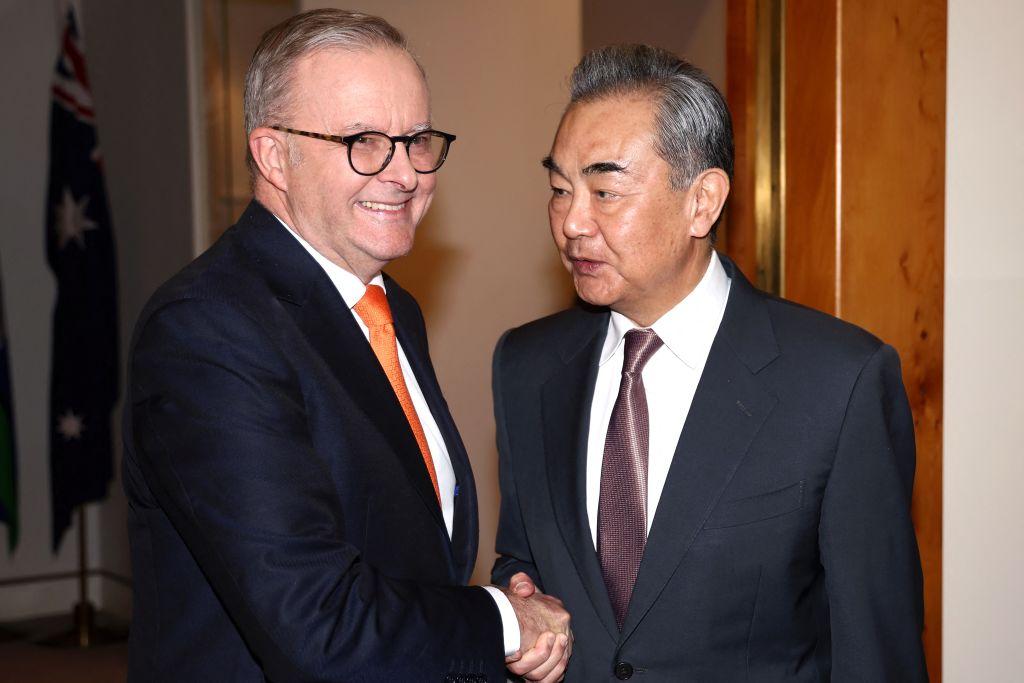Commentary
The decision by Beijing to lift its restrictions on the import of Australian wine is pleasing, but much of the resultant celebration is misplaced.

The decision by Beijing to lift its restrictions on the import of Australian wine is pleasing, but much of the resultant celebration is misplaced.